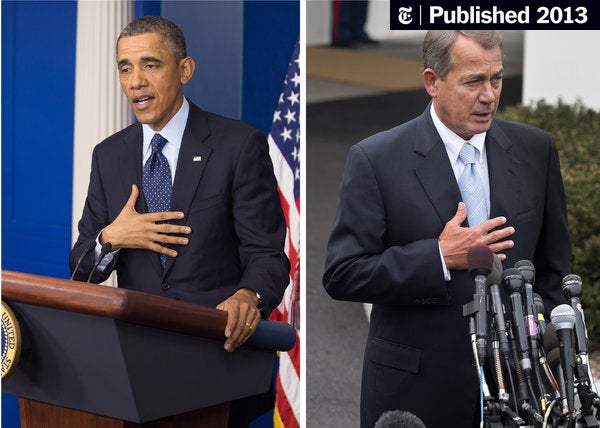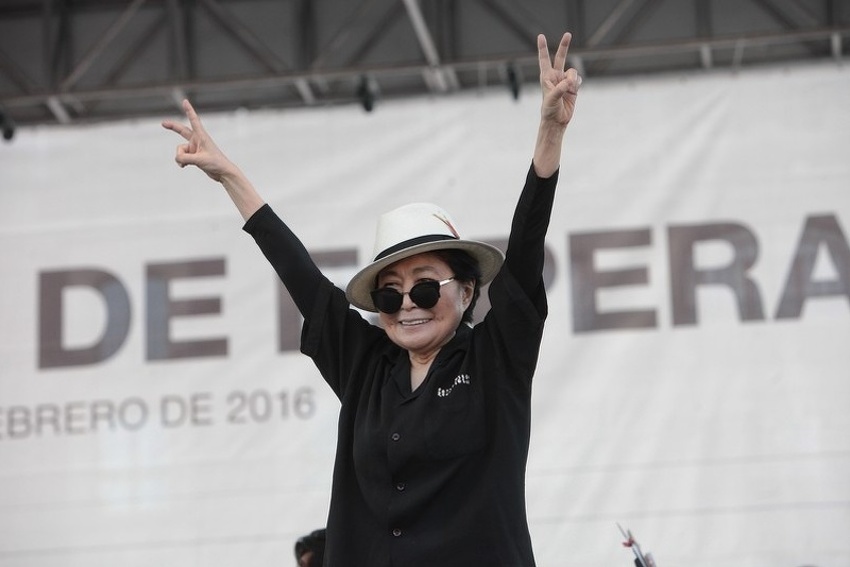60 Minutes Executive Producer Resigns: Loss Of Independence Cited After Trump Lawsuit

Table of Contents
The Resignation and its Official Statement
[Executive Producer's Name]'s resignation statement, released on [Date], cited concerns about editorial interference stemming from the ongoing legal dispute with Donald Trump. While the statement didn't explicitly detail the nature of this interference, it strongly implied a compromise of journalistic integrity. The carefully chosen wording suggests a deep frustration with the pressures exerted on the program's editorial decisions.
- Key phrases used in the resignation statement: [Insert key phrases from the actual statement, e.g., "compromised editorial independence," "unacceptable pressure," "integrity of journalism"].
- Timing of the resignation in relation to the Trump lawsuit: The resignation followed closely on the heels of [mention key developments in the lawsuit timeline]. This proximity strongly suggests a direct link between the legal action and the decision to resign.
- Any mention of specific editorial interference: [If the statement mentioned specific instances, detail them here. If not, speculate responsibly based on news reports and analysis].
The Trump Lawsuit and its Impact on 60 Minutes
Donald Trump's lawsuit against 60 Minutes stemmed from a [Date] broadcast that [briefly describe the content of the broadcast and its accusations]. Trump alleged [summarize Trump's key claims in the lawsuit]. This legal action put immense pressure on CBS News and the 60 Minutes team, potentially influencing future editorial choices and creating a chilling effect on investigative journalism.
- Summary of Trump's lawsuit claims: [Summarize Trump’s claims concisely and accurately].
- Key evidence presented in the case (if available): [Mention key pieces of evidence presented by both sides, if available. Avoid speculation and stick to confirmed facts].
- The role of CBS News leadership in managing the lawsuit: [Analyze how CBS News leadership responded to the lawsuit and whether their actions contributed to the perceived loss of independence].
Concerns about Editorial Independence in Journalism
The 60 Minutes executive producer resignation serves as a stark reminder of the ongoing threats to journalistic integrity and editorial independence. The incident highlights the vulnerability of news organizations to political pressure, particularly from powerful individuals and entities. This isn't an isolated case; history is rife with examples of political influence on news coverage.
- Examples of past instances of media bias: [Cite specific examples of past incidents where political pressure influenced news coverage, providing links to credible sources].
- The impact of social media and partisan polarization on journalism: The rise of social media and increasingly polarized political climate exacerbates the challenges facing journalists striving for objectivity. The spread of misinformation and the prevalence of echo chambers intensify the pressure to conform to particular narratives.
- Strategies for maintaining editorial independence in a challenging environment: News organizations need to actively implement strategies to protect editorial independence, such as clearly defined editorial guidelines, robust legal support for journalists, and fostering a culture that prioritizes truth and accuracy above all else.
The Future of 60 Minutes and Investigative Journalism
The 60 Minutes executive producer resignation raises serious questions about the future of the program and investigative journalism more broadly. The loss of such an experienced and respected figure is a blow to the show's credibility and its ability to undertake ambitious investigative projects.
- Potential successors to the executive producer role: [Speculate on potential candidates for the role, considering their experience and reputation].
- The future of 60 Minutes' investigative reporting: [Discuss how this resignation might affect the future direction and boldness of 60 Minutes' investigative reporting].
- Strategies to rebuild public trust in investigative journalism: Restoring public trust requires a renewed commitment to accuracy, transparency, and accountability. Journalists must actively engage in fact-checking, source verification, and a willingness to correct errors.
Conclusion
The 60 Minutes executive producer resignation highlights the growing pressures on investigative journalism and the vital importance of maintaining editorial independence. The Trump lawsuit and its perceived impact on editorial freedom underscore the fragility of unbiased reporting in a highly polarized political climate. This event serves as a cautionary tale for journalists and media organizations everywhere.
Call to Action: Stay informed about developments in this ongoing story and continue to critically examine news sources to protect the integrity of journalistic reporting. Understanding the complexities surrounding the 60 Minutes executive producer resignation is crucial for maintaining a well-informed and engaged citizenry. Follow our updates on this and similar stories to stay abreast of the ever-evolving landscape of investigative journalism and its crucial role in our democracy.

Featured Posts
-
 Canada Election Conservatives Pledge Tax Cuts And Fiscal Responsibility
Apr 24, 2025
Canada Election Conservatives Pledge Tax Cuts And Fiscal Responsibility
Apr 24, 2025 -
 Is Google Fis 35 Unlimited Plan Right For You A Detailed Review
Apr 24, 2025
Is Google Fis 35 Unlimited Plan Right For You A Detailed Review
Apr 24, 2025 -
 Tarantinov Tabu Film S Johnom Travoltom Koji Izbjegava
Apr 24, 2025
Tarantinov Tabu Film S Johnom Travoltom Koji Izbjegava
Apr 24, 2025 -
 Middle Managers Bridging The Gap Between Leadership And Workforce
Apr 24, 2025
Middle Managers Bridging The Gap Between Leadership And Workforce
Apr 24, 2025 -
 Blue Origin Launch Scrubbed Investigation Into Subsystem Issue
Apr 24, 2025
Blue Origin Launch Scrubbed Investigation Into Subsystem Issue
Apr 24, 2025
